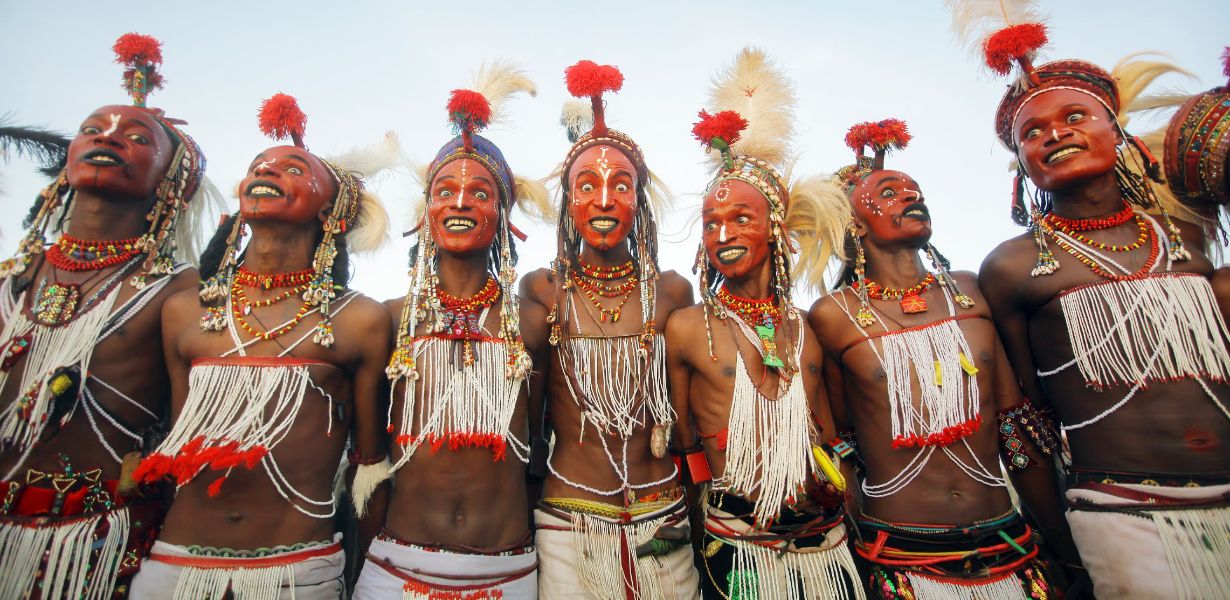
Imagine stepping into a world where vibrant customs, diverse rituals, and heartfelt connections thrive. This is the essence of South African traditions—a captivating blend of history, heritage, and heart. In this journey, we embark on an exploration of South African family traditions, rituals, cultural heritage, food, etiquette, and the captivating Afrikaans culture.
Family Traditions: Binding Generations with Love and Legacy
In the heart of South Africa’s communities, family traditions are the cornerstones of unity. Passed down through generations, these rituals encompass life events, celebrations, and values. From storytelling under starlit skies to shared meals that embody togetherness, these traditions solidify bonds that transcend time.
Rituals: Connecting with Ancestral Roots
South African rituals are a bridge between the past and present. The rhythmic beats of drum circles and the mesmerizing dance forms pay homage to ancestral spirits. These rituals are not only a celebration of heritage but also a way of grounding oneself in the rich history of the land.
Cultural Traditions: A Kaleidoscope of Diversity
The vibrant tapestry of South Africa’s cultural traditions showcases the nation’s diversity. With over 11 languages and various ethnic groups, the country celebrates traditions like the Zulu Reed Dance and the Ndebele beadwork, each a testament to the fusion of history and identity.
The Culinary Voyage: Exploring South African Flavors
South African cuisine is a mosaic of flavors influenced by indigenous ingredients and global influences. From the hearty boerewors sausage to the flavorful bobotie, each dish tells a story of adaptation and fusion. The love for braais (barbecues) brings families and friends together to relish the tastes of the land.
Etiquette: Navigating Social Norms with Grace
Etiquette in South Africa is a reflection of respect for diverse backgrounds. Greetings and gestures hold significance, reflecting a deep-rooted sense of unity. Understanding the customs, like addressing elders as “Aunt” or “Uncle,” is key to fostering connections.
Afrikaans Culture: Tracing Heritage Through Language
Afrikaans, one of South Africa’s official languages, is a product of history and evolution. It’s more than just words; it’s a cultural marker. From literature to music, Afrikaans is a vessel that carries the stories of triumph and struggle, resonating through the ages.
Celebrations: Marking Milestones with Joy
Festivals like Heritage Day and Freedom Day are poignant expressions of South African pride. These celebrations honor the struggle for freedom, diversity, and unity. They also provide a platform to share stories, arts, and crafts that encapsulate the nation’s identity.
Artistry and Crafts: Creative Expressions of Culture
South African artistry is woven into daily life, with crafts serving as a canvas for cultural expression. The intricate beadwork, pottery, and woodcarvings narrate tales of heritage, spirituality, and contemporary life.
Rites of Passage: Embracing Change and Growth
From birth to adulthood, South African rites of passage symbolize growth and transformation. Initiations like the Xhosa ulwaluko ceremony mark the transition to manhood, carrying cultural significance and a sense of belonging.
Sustainability and Modern Influences: Nurturing Traditions in a New Era
In a rapidly changing world, South African traditions are evolving while preserving their core essence. Initiatives blending modernity with heritage, like eco-friendly traditional practices and cultural tourism, ensure the endurance of these cherished traditions.
Final Words
The intricate tapestry of South African traditions weaves a story of unity, diversity, and shared heritage. From family bonds to cultural celebrations, these practices enrich lives and connect generations, fostering a deeper understanding of the nation’s soul.
Commonly Asked Questions: Unveiling Insights
Q1: What role do family traditions play in South African society?
A: Family traditions are the heartbeats of South African communities, binding generations with love, values, and shared experiences.
Q2: How does South African cuisine reflect the nation’s history?
A: South African cuisine is a blend of indigenous ingredients and global influences, telling stories of adaptation, fusion, and cultural exchange.
Q3: What makes Afrikaans culture unique within South Africa?
A: Afrikaans culture, rooted in language, is a marker of heritage and resilience, carrying the tales of triumph and struggle.
Q4: How do South Africans celebrate their diverse cultural heritage?
A: Festivals like Heritage Day and Freedom Day honor the nation’s diversity, struggle for freedom, and unity, celebrating through arts and crafts.
Q5: How are South African traditions adapting to the modern era?
A: Sustainability initiatives and cultural tourism fuse modernity with heritage, ensuring the preservation and growth of cherished traditions.





